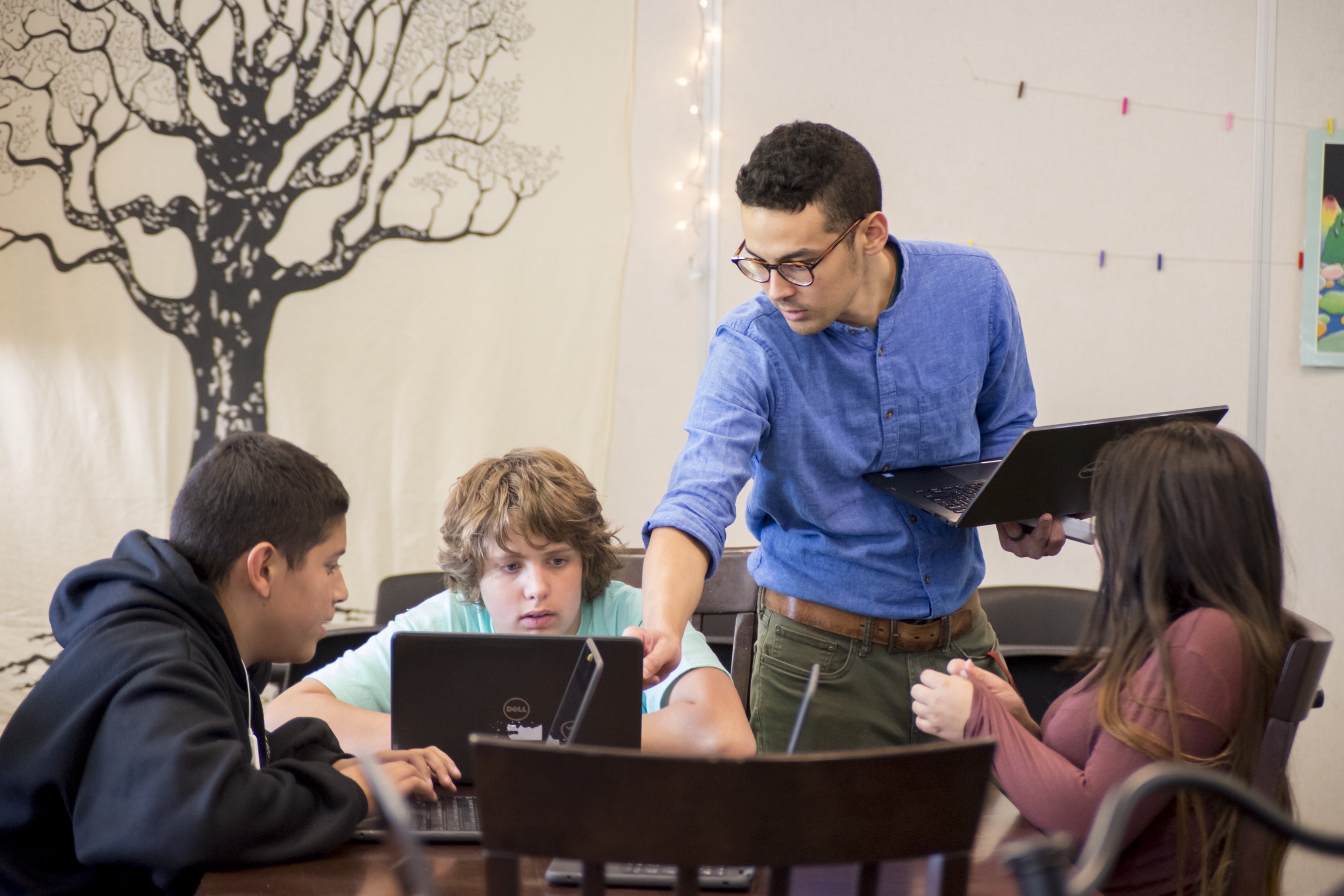
Boise State University’s College of Education has received approval from the Idaho State Board of Education to launch two new Master’s in Teaching programs. The Master’s in Teaching Secondary Education program will launch its first cohort summer 2020, and the Master’s in Teaching Elementary Education program will welcome its first cohort spring 2021.
Both programs are designed for students who already have a bachelor’s degree and would like to earn their Idaho teaching certification and become classroom educators. Each program is cohorted and includes an online-only summer session. The master’s in secondary education program can be completed in three semesters and the master’s in elementary education can be completed in four semesters.
“The College of Education has recognized that teachers enter the profession through a variety of avenues,” said Serena Hicks, clinical assistant professor and coordinator for the secondary education program. “Our communities need well-started beginning teachers who understand the needs of diverse students, and the flexibility to respond to changing learning environments. These new programs are designed to serve both the needs of future educators as well as communities across our state.”
The Master’s in Teaching programs replaced both elementary and secondary graduate certificates in teaching offered by the College of Education. The programs increase flexibility and access for students with online summer courses, while fall courses for both programs have been redesigned to better place teacher candidates in classrooms to optimize their teacher training experience. Graduates of the new master’s programs not only receive a recommendation for a standard Idaho Teaching Certificate but an advanced degree as well.
Students will engage with technology to create classroom solutions designed to develop agility in changing learning environments. For example, teams of students in the programs might be tasked with creating interactive websites that will assist them with a particular classroom task.
The fully online summer sessions were designed to better meet the needs of those in rural areas or individuals transitioning from other careers into teaching. In-classroom field experiences are planned in collaboration with area schools to ensure candidates in the program are apprenticed in diverse settings. This ensures new teachers are prepared for a variety of placement opportunities across Idaho.